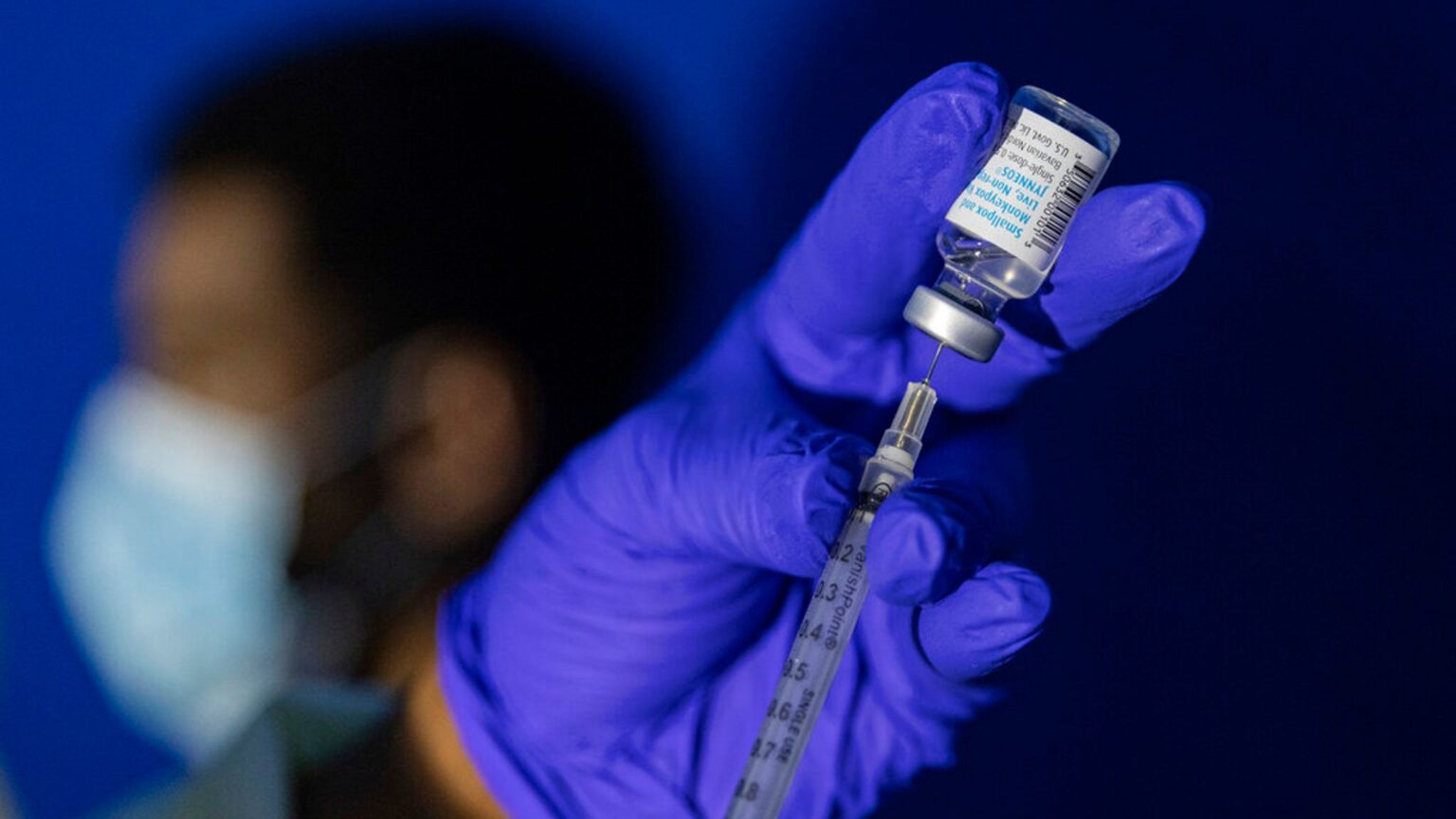- Health Minister Roger Kamba announced last week that the DRC expects to receive the first shipment of vaccine doses from the US within days.
- DRC is the hardest hit country by the epidemic globally reporting over 1000 new cases in a week.
- The country currently faces a huge shortfall in vaccine supplies, with an estimated 3 million doses required to curb the epidemic.
The US is expected to deliver critical Mpox vaccines to the Democratic Republic of Congo (DRC) this week, marking a turning point in Kinshasa’s fight against the fast-spreading viral infection. This intervention comes as the World Health Organization (WHO) declared Mpox outbreaks in Africa a global emergency, highlighting the urgent need for international support to combat the virus.
The DRC, which has been hardest hit by the epidemic reporting over 1000 new cases in a week, is poised to receive a much-needed boost in its battle against this severe outbreak.
The urgency of the Mpox crisis
Authorities in the DRC are facing an unprecedented public health crisis as Mpox, a viral disease caused by the monkeypox virus, continues to ravage the country. Health Minister Roger Kamba announced last week that the DRC expects to receive the first shipment of vaccine doses from the US within days.
Receipt of this consignment will be a critical step in addressing the severe outbreak that has overwhelmed the nation’s healthcare system. Mpox has been confirmed in more than a dozen African countries, with a new, more transmissible variant of the virus now spreading.
The outbreak has been particularly devastating in the DRC, which accounts for the majority of Mpox cases and deaths globally. The country currently faces a huge shortfall in vaccine supplies, with an estimated 3 million doses required to curb the epidemic effectively.
Global response and vaccine donations
The US and Japan have stepped forward to offer much-needed support in the form of vaccine donations. While Health Minister Kamba did not specify the exact number of doses or the timeline for Japan’s vaccine delivery, the commitment from these nations represents a crucial lifeline for the DRC.
The WHO’s recent report indicates that over 17,000 Mpox cases have been documented worldwide this year, with more than 500 deaths. The overwhelming majority of these cases and fatalities are concentrated in Congo, where the disease has severely impacted the population, particularly children under 15. This age group accounts for over 70 percent of cases and 85 percent of deaths, underscoring the urgent need for effective vaccination and intervention.
Challenges in containing mpox outbreak
The DRC’s struggle to contain the Mpox outbreak is compounded by its vast geographic area and inadequate healthcare infrastructure. The country’s health system has long faced challenges in managing disease outbreaks, and the current Mpox crisis has further strained its resources.
The new variant of Mpox, which causes milder symptoms and lesions on the genitals, has made detection more difficult, complicating efforts to prevent transmission.
Unlike previous outbreaks, where Mpox lesions were primarily visible on the chest, hands, and feet, this new form of the virus presents a more subtle clinical picture. This change in symptoms means that individuals may unknowingly spread the virus, making it harder to control the outbreak.
Mpox is not airborne and typically requires close, skin-to-skin contact for transmission, but the increased difficulty in detecting the disease poses a significant challenge for containment.
International collaboration and support for mpox vaccines
The international community’s response to the Mpox outbreak in the DRC is a testament to the importance of global cooperation in addressing health crises. The US’s donation of vaccines, along with Japan’s forthcoming contribution, highlights the critical role of international aid in supporting countries struggling with severe disease outbreaks.
The WHO’s declaration of Mpox as a global emergency has spurred increased attention and resources for the affected regions. In addition to the vaccine donations, there is a concerted effort to enhance surveillance, improve diagnostic capabilities, and provide technical support to help the DRC manage the outbreak more effectively.
Read also: DRC battles Mpox spread with over 1,000 new cases as vaccine pleas intensify
Spread of Mpox and its implications
Mpox has not been confined to the DRC alone. The WHO has identified the virus in four new East African countries—Burundi, Kenya, Rwanda, and Uganda—where outbreaks have been linked to the epidemic in Congo.
This regional spread underscores the potential for Mpox to impact neighboring countries and highlights the need for a coordinated regional response.
The new variant of Mpox has raised concerns about the virus’s potential for further spread. Although the risk to the general public is currently considered low, the emergence of this variant necessitates ongoing vigilance and response efforts. Sweden recently reported its first case of the new variant, demonstrating that Mpox is not limited to Africa and that global monitoring and response are essential.
The path to containment and recovery
The arrival of vaccines in the DRC will be a crucial milestone in the fight against Mpox, but it is only the beginning of a comprehensive strategy to control the outbreak. Effective vaccination campaigns, coupled with robust public health measures, will be necessary to curb the spread of the virus and prevent future outbreaks.
The DRC’s health authorities, along with international partners, will need to ensure that vaccines are distributed efficiently and that vaccination efforts are accompanied by education and awareness campaigns. Addressing the challenges of vaccine distribution in remote and underserved areas will be essential to achieving widespread coverage and controlling the epidemic.
Furthermore, continued international support and collaboration will be vital in the coming months. The global community must remain engaged in providing assistance, sharing expertise, and mobilizing resources to support the DRC and other affected countries in their efforts to manage and eventually eradicate Mpox.
